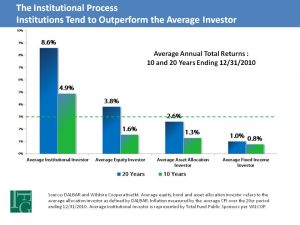
Facing Retirement Account Rollover Decisions?
Believe it or not, you’ll have a number of options available to you – and it pays to do your homework before making decisions that could be irrevocable – and costly.

Believe it or not, you’ll have a number of options available to you – and it pays to do your homework before making decisions that could be irrevocable – and costly.

At retirement, some people receive a check from their employer for their 401(k) balance and write a check for deposit into their IRA before the 60-day deadline, just like they were told, to avoid any problems with the IRS. They’ve met the deadline. The money is now in their IRA. They’re clear and the rollover is complete…. or is it?

Here’s what people get wrong when making rollover decisions.
You’ve just inherited an IRA from someone not your spouse… usually a parent. Guess what! Your rules are different.
If you’ve changed jobs or are getting ready to retire, don’t leave your old retirement account behind. Rolling over your employer-sponsored plan—like a 401(k) or 403(b)—into an IRA or new employer’s plan keeps your money growing tax-deferred and gives you more control over your investments.